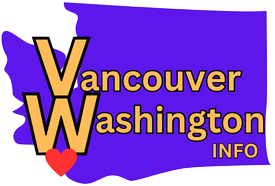
Is Vancouver Washington Expensive?
Have you ever wondered about the cost of living in Vancouver, Washington? Well, you’re in luck! In this article, we will explore the question of whether Vancouver, Washington is an expensive place to live. We will take a closer look at various factors such as housing prices, transportation costs, and the overall affordability of this charming city. So, whether you’re considering a move to Vancouver or just curious about its cost of living, let’s dive right in and find out if Vancouver, Washington is indeed an expensive place to call home.
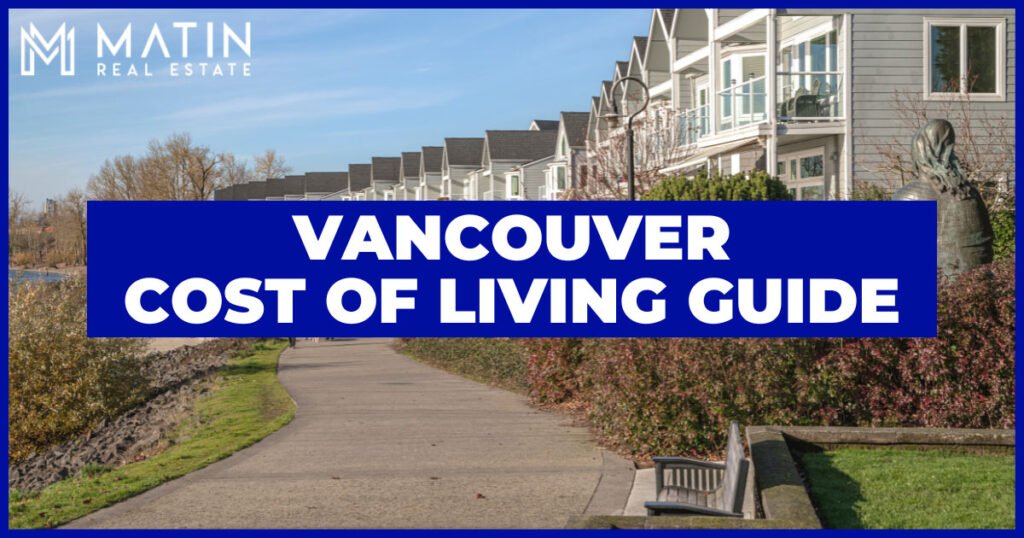
This image is property of assets.site-static.com.
Table of Contents
ToggleCost of Living
When it comes to the cost of living in Vancouver, Washington, there are several key factors to consider. These include housing, transportation, food, utilities, healthcare, education, employment opportunities, taxes, and entertainment and recreation. By examining each of these categories, you can get a comprehensive understanding of the overall cost of living in this city and determine whether it fits your budget and lifestyle.
Housing
Rental Prices
Vancouver offers a range of housing options, from apartments to single-family homes. Rental prices can vary depending on the size, location, and condition of the property. Generally, you can expect to pay around $1,200 to $1,800 per month for a one-bedroom apartment, while a larger two-bedroom apartment may cost between $1,500 and $2,500 per month. The rental market is competitive, so it’s advisable to start your search in advance and be prepared to act quickly if you find a suitable place.
Home Prices
If you’re looking to purchase a home in Vancouver, you’ll find a range of options to suit various budgets. As of [insert year], the median home price in Vancouver was approximately $350,000. However, prices can fluctuate based on factors such as the location, size, age, and amenities of the property. It’s important to work with a reputable real estate agent who can help you navigate the market and find a home within your price range.
Property Taxes
When considering the cost of housing in Vancouver, it’s essential to take property taxes into account. The property tax rate in Washington State is relatively low compared to other states, averaging around 1% of the assessed value of the property. However, keep in mind that property taxes can vary depending on the specific location within Vancouver and the value of the property you own.
Transportation
Public Transit
Vancouver offers an efficient and reliable public transit system operated by C-Tran. The cost of public transportation is affordable, with a one-way bus fare starting at $1.70 and a day pass available for $4.00. Monthly passes are also available for those who rely on public transit for their daily commute.
Gas Prices
Gas prices in Vancouver, Washington, tend to be slightly higher than the national average but lower than some neighboring areas. As of [insert year], the average price per gallon was around $3.00, but it’s important to note that gas prices can fluctuate due to various factors such as oil prices and taxes.
Car Insurance
When it comes to car insurance, rates can vary depending on factors such as your driving record, age, and the type of vehicle you own. On average, residents of Vancouver can expect to pay around $1,200 to $1,500 per year for car insurance. It’s always a good idea to shop around for quotes from different insurance providers to ensure you’re getting the best coverage at the most affordable price.
Food
Grocery Prices
The cost of groceries in Vancouver, Washington, is slightly higher than the national average. However, with various supermarket options available, you can still find affordable options for your daily essentials. On average, a family of four can expect to spend around $500 to $700 per month on groceries, depending on their dietary preferences and eating habits.
Dining Out
Vancouver offers a diverse range of dining options, from casual eateries to upscale restaurants. The cost of dining out can vary greatly depending on the establishment and the type of cuisine. On average, a meal for two at a mid-range restaurant can cost anywhere between $40 to $70, excluding drinks or additional add-ons. It’s always a good idea to check reviews and menus beforehand to ensure that a restaurant fits within your budget and culinary preferences.

This image is property of s3.amazonaws.com.
Utilities
Electricity
The cost of electricity in Vancouver can vary from season to season, with higher rates during the winter months due to increased heating needs. On average, residents can expect to pay around $80 to $120 per month for electricity. It’s important to note that this estimate may change depending on factors such as the size of your living space and your energy consumption habits.
Water
Water is another essential utility to consider. In Vancouver, the cost of water is relatively affordable, with average monthly bills ranging from $30 to $50. However, keep in mind that water rates may vary depending on your usage and the specific water provider in your area.
Internet
Internet service providers in Vancouver offer a range of plans to suit different needs and budgets. The average cost of internet service can range from $40 to $100 per month, depending on the speed and reliability you require for your online activities.
Cable/Satellite TV
For those who enjoy cable or satellite TV, prices can vary depending on the package and additional channels you choose. On average, you can expect to pay around $50 to $100 per month for basic cable or satellite TV services. Consider your entertainment preferences and budget when deciding on the best package for your needs.
Cellular Service
Cellular service providers in Vancouver offer a variety of plans to suit different budgets and data usage requirements. On average, a basic cellular plan can range from $30 to $60 per month, excluding the cost of the phone itself. It’s essential to research different providers and their coverage to ensure you find the best plan for your needs.
Healthcare
Insurance Costs
The cost of healthcare insurance in Vancouver, Washington, can vary depending on factors such as age, health conditions, and coverage options. On average, monthly premiums for individual coverage can range from $250 to $550, while family coverage can range from $700 to $1,500 per month. It’s important to carefully evaluate different insurance plans to find one that meets your healthcare needs and fits within your budget.
Doctor Visit Fees
The cost of doctor visit fees can vary depending on several factors, including your insurance coverage, the type of doctor you visit, and the services provided. On average, a routine doctor’s visit can cost between $100 and $200, but these fees may be covered partially or fully by your insurance provider.
Prescription Medications
The cost of prescription medications in Vancouver can vary depending on the specific medication and your insurance coverage. It’s always a good idea to research different pharmacies and compare prices to ensure you’re getting the best deal. Additionally, some pharmacies offer discounted generic medications, which can help lower the overall cost of your prescriptions.
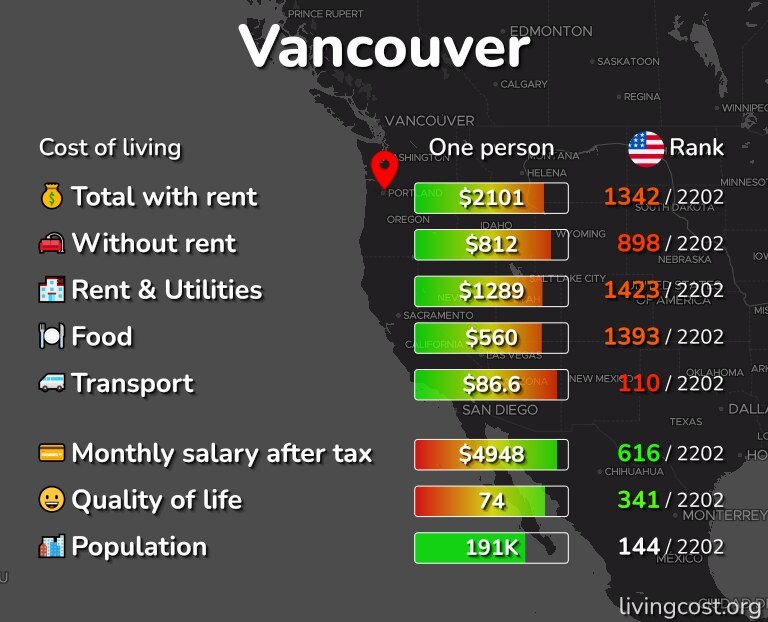
This image is property of livingcost.org.
Education
Public Schools
Vancouver is home to a range of public schools that strive to provide high-quality education to its residents. The cost of public education is funded through taxes, ensuring that students receive a free education from kindergarten through high school. However, it’s important to consider other expenses such as school supplies and extracurricular activities that may require additional financial investment.
Private Schools
For families seeking private education in Vancouver, there are several private schools available. Tuition fees can vary depending on the school and the grade level of the student. On average, private school tuition in Vancouver can range from $5,000 to $15,000 per year. It’s essential to research and visit different schools to find the best fit for your child’s educational and financial needs.
College and University Tuition
Vancouver is home to several colleges and universities, offering a variety of degree programs. Tuition fees for higher education can vary depending on the institution and the program of study. On average, tuition fees for in-state students range from $6,000 to $16,000 per year, while out-of-state students can expect to pay higher rates. Scholarships, grants, and financial aid options are available to help offset the cost of tuition.
Employment Opportunities
Job Market
Vancouver has a diverse job market, with opportunities in various industries such as healthcare, education, technology, manufacturing, and retail. The city’s proximity to Portland, Oregon, also provides additional job opportunities for residents. The unemployment rate in Vancouver is typically lower than the national average, which is a positive indicator for those seeking employment in the area.
Average Salaries
Average salaries in Vancouver vary depending on the industry and the level of experience. According to [insert year] data, the median household income in Vancouver was approximately $55,000 per year. However, keep in mind that salaries can differ significantly depending on the specific occupation and qualifications required.
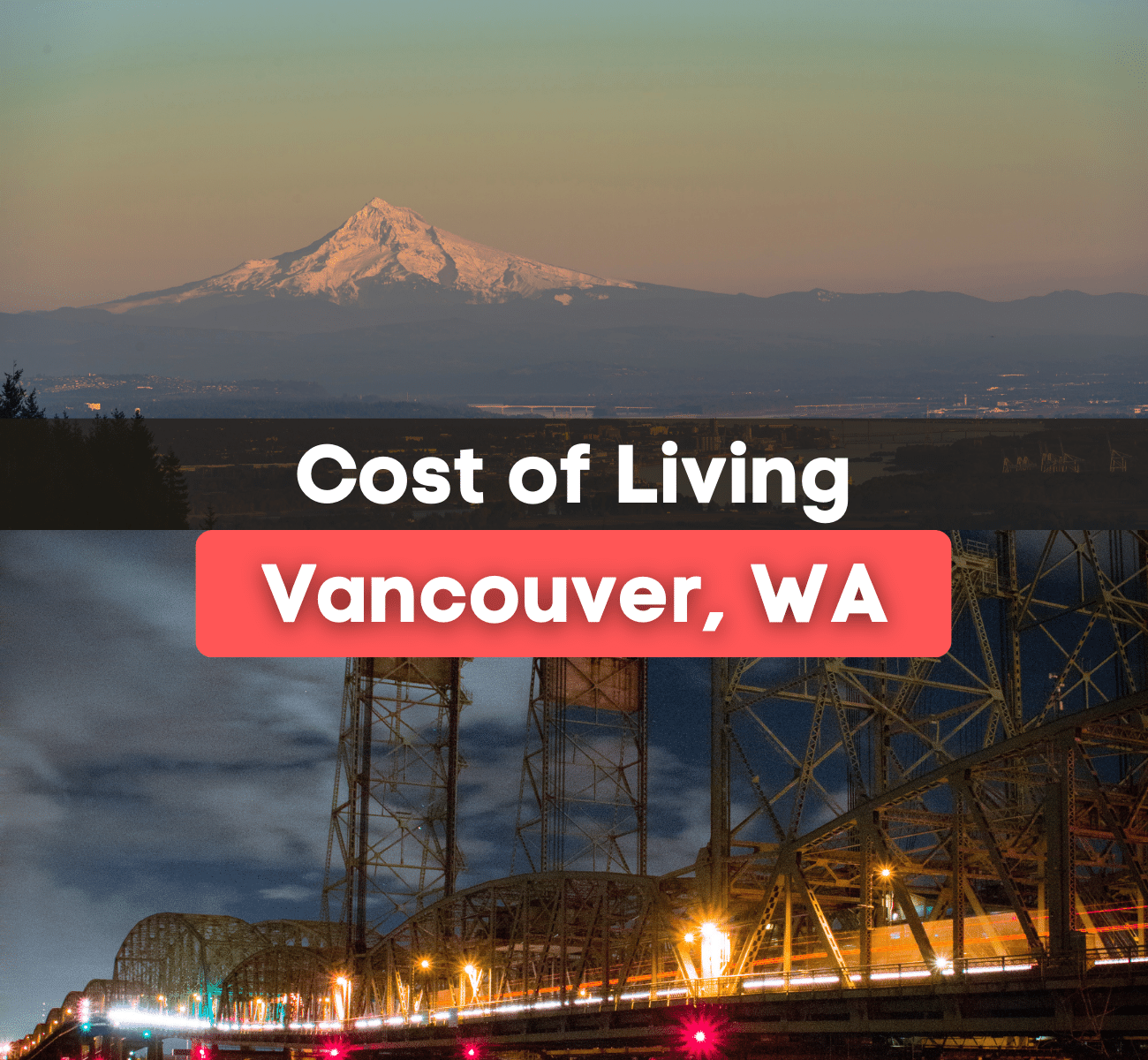
This image is property of uphomes.com.
Taxes
Income Tax
Washington State does not have a state income tax, which can be advantageous for residents of Vancouver. However, it’s important to consider federal income tax obligations when calculating your overall tax liability.
Sales Tax
Vancouver has a sales tax rate of 8.4%, which is slightly higher than the national average. It’s important to factor this rate into your budget when making purchases in the city.
Property Tax
Property taxes in Vancouver are relatively low compared to other states. The property tax rate varies depending on the specific location and the assessed value of the property. On average, property taxes in Washington State amount to around 1% of the assessed value of the property.
Entertainment and Recreation
Movie Tickets
Enjoying a movie night out in Vancouver is relatively affordable, with movie ticket prices ranging from $10 to $15 per person. Some theaters may offer discounted prices for matinee showtimes or special promotions.
Concerts
Concert ticket prices can vary greatly depending on the artist, venue, and demand. On average, ticket prices for concerts in Vancouver range from $30 to $100 per person. It’s important to check the event listings and ticketing websites to stay informed about upcoming concerts and their associated costs.
Museums
Vancouver is home to several museums that offer educational and cultural experiences. Admission prices for museums in the area typically range from $5 to $15 per person. Some museums may offer discounted rates for children, seniors, or specific days of the week.
Sports Events
For sports enthusiasts, attending professional or college sports events in Vancouver can be an exciting experience. Ticket prices for sports events vary depending on the specific game, seating location, and demand. On average, ticket prices can range from $20 to $100 per person. It’s advisable to check team websites or ticketing platforms for updated pricing information.
In conclusion, the cost of living in Vancouver, Washington, is influenced by various factors such as housing, transportation, food, utilities, healthcare, education, employment opportunities, taxes, and entertainment. While certain expenses like housing and healthcare may be slightly higher than the national average, Vancouver offers a variety of affordable options across different categories to suit individual budgets. By considering these factors and conducting thorough research, you can determine if Vancouver is the right place for you to live based on your desired lifestyle and financial circumstances.
You May Also Like
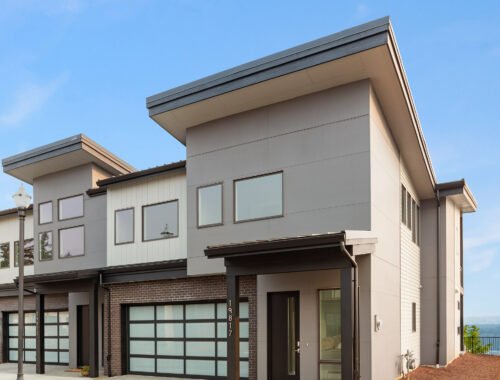
Vancouver Housing Market Going CRAZY in 2023
20 August 2023
Exploring the Vibrant City Life in Portland and Seattle
17 January 2024
